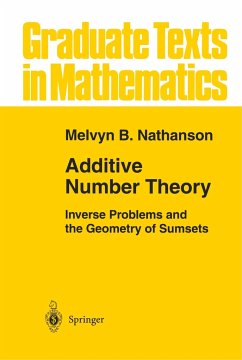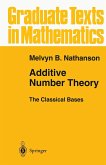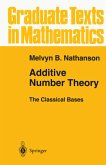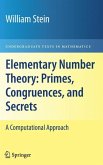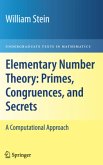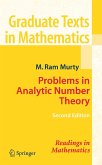Many classical problems in additive number theory are direct problems, in which one starts with a set A of natural numbers and an integer H -> 2, and tries to describe the structure of the sumset hA consisting of all sums of h elements of A. By contrast, in an inverse problem, one starts with a sumset hA, and attempts to describe the structure of the underlying set A. In recent years there has been ramrkable progress in the study of inverse problems for finite sets of integers. In particular, there are important and beautiful inverse theorems due to Freiman, Kneser, Plünnecke, Vosper, and others. This volume includes their results, and culminates with an elegant proof by Ruzsa of the deep theorem of Freiman that a finite set of integers with a small sumset must be a large subset of an n-dimensional arithmetic progression.

